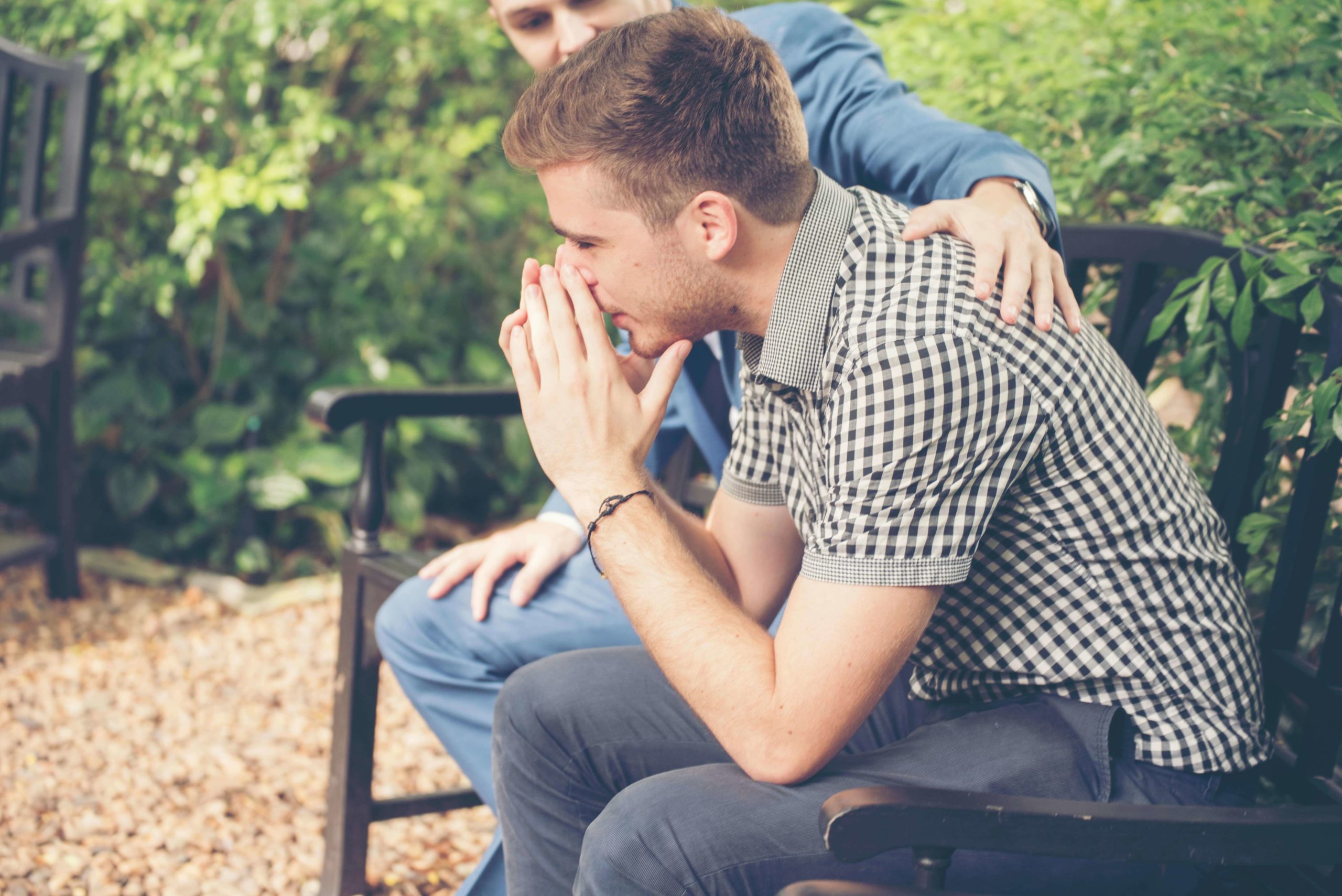According to Mental Health America, more than 16 million (almost 7%) adults in the U.S. are affected by major depression each year. Anxiety affects even more people. The Anxiety & Depression Association of America (ADAA) shares that 40 million (more than 18%) adults deal with anxiety disorders. Those numbers make depression and anxiety the most common mental illnesses in the country.
The pandemic has exacerbated those figures, with the Centers for Disease Control and Prevention (CDC) finding between August 2020 and February 2021, the number of adults reporting recent symptoms of anxiety or depression increased — from 36.4% to 41.5%. Equally disturbing, the number of those reporting who did not seek care for their mental health increased from 9.2% to 11.7%.
Symptoms of Depression and Anxiety
The first step toward helping someone who may be dealing with anxiety or depression is recognizing the signs of each mental health concern. Symptoms of depression include:
- Feelings of sadness, tearfulness, emptiness, or hopelessness
- Angry outbursts, irritability, or frustration
- Loss of interest or pleasure in most or all normal activities, such as sex, hobbies, or sports
- Insomnia or sleeping too much
- Tiredness and lack of energy
- Changes in appetite
- Anxiety, agitation, or restlessness
- Slowed thinking, speaking, or body movements
- Feelings of worthlessness or guilt, fixating on past failures, or assigning blame for things that aren’t the person’s responsibility
- Trouble thinking, concentrating, making decisions, and remembering things
- Frequent or recurrent mention of death, suicidal thoughts, suicide attempts, or suicide
- Unexplained physical problems, such as back pain or headaches
Anxiety can take several forms, with some of the main types of disorders including generalized anxiety disorder, panic disorder, social anxiety disorder, and various phobia-related disorders. The most common form is generalized anxiety disorder, and its symptoms can include:
- Feeling restless, wound-up or on-edge
- Being easily fatigued
- Finding it difficult to concentrate
- Being irritable
- Experiencing headaches, muscle aches, stomachaches, or unexplained pains
- Having difficulty controlling feelings of worry
- Suffering from sleep problems
Helping Someone with Depression and Anxiety
Many individuals with these mental health issues may think that the way they feel is normal, or they may feel ashamed that they can’t overcome these feelings on their own. If someone is suspected of having untreated depression or anxiety, one of the best ways to help is by talking to the person.
The first step is to share any concerns with the person and help them recognize that anxiety and depression are medical conditions. It is also important to share with the individual that both issues can get better with the proper treatment from mental health professionals like a licensed counselor.
Finally, be willing to help the person set up an appointment or even accompany the individual. Simply being empathetic and trying to understand how the person with depression or anxiety is feeling is a great place to start. Other ways to assist include preparing a list of questions to ask the counselor or psychologist during the initial appointment.
What Not to Do
Anyone trying to help a friend or loved one dealing with depression or anxiety needs to remember that they can be there for the person, listen and be supportive, but they cannot fix the issue for the individual. Offering support does not mean solving the problem.
Additionally, it is vital not to give up on the person dealing with these mental health concerns. Many people living with depression and anxiety may initially reject the concern of their family or friends. They may do this as a defense mechanism. Continue reaching out and working to maintain an open line of communication. Check on the person and encourage them to seek help. The key is to let the individual know you are with them, even if they try to push you away.
Concerns About Suicide
If a friend or loved one struggling with depression or anxiety seems to be considering suicide, it’s essential to trust your instincts. Share your concerns about their well-being with the person. Talk to other friends and family members, even the person’s doctor, about your concern. Try to keep the person in a safe environment. This can mean removing any weapons or medications that the person could use to harm themselves. Finally, seek help immediately if the person is in danger of self-harm or suicide. The National Suicide Prevention Lifeline is a toll-free, 24-hour hotline at 1-800-273-TALK (1-800-273-8255). Or call 911 or your local emergency number and stay with the person until help arrives.
A licensed mental health and substance abuse intensive outpatient program (IOP) in Scottsdale, Arizona, Rising Phoenix was created to offer a safe, welcoming, and nurturing environment where clients are not judged, but embraced, throughout their recovery process.

